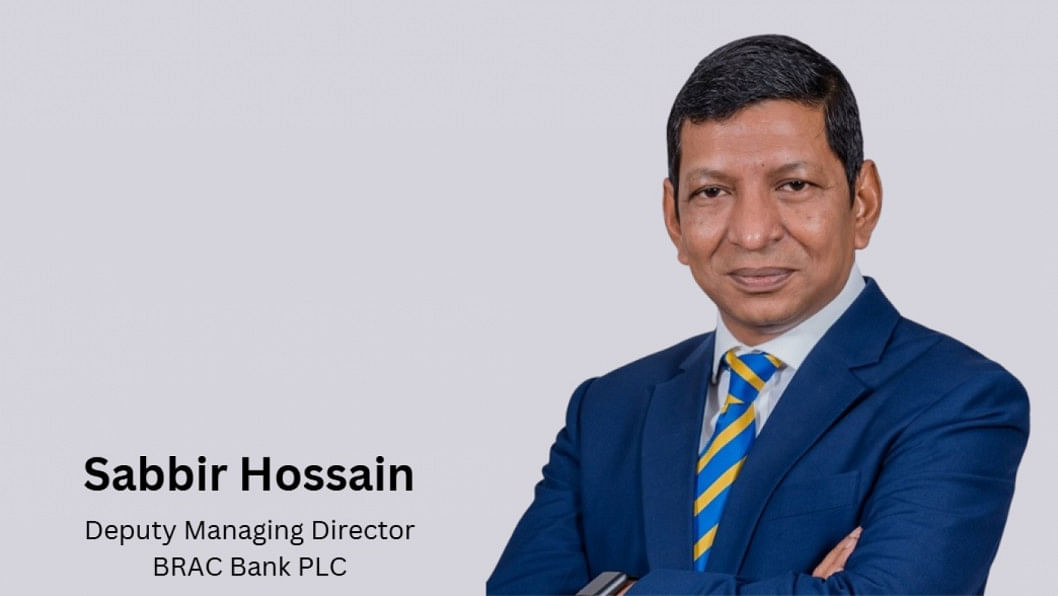Toll-free telephone and free internet for public service apps and websites for inclusive progress

GDP growth does not mean much if the vast population does not receive its due share of that progress. In our country, unequal distribution results in the rich becoming richer and the poor becoming poorer. With the advent of digital transformation, we hope to leapfrog over many of our infrastructural limitations by becoming more conscious of the digital divide, which is caused by a lack of digital literacy, absence of smartphones, limited data availability at affordable costs, and the lack of an active drive to include the excluded or neglected masses.
The importance of digital transformation and mobile apps or web-based services for all public services cannot be over-emphasized. Government, semi-government, and private bodies offering both financial and non-financial services to a large population in different parts of the country are at various stages of building digital infrastructure. While more services are becoming available, the quality of offerings, human-centric design, and the digital conversion drive need to be enhanced to make a real difference in the lives of ordinary people. There are also challenges regarding the cost and availability of two basic infrastructure elements: 1) Toll-Free Call Centers or Support Center numbers, and 2) the availability of internet/mobile internet on the handheld devices of a vast segment of the population in lower-middle- and low-income groups. Smartphone penetration and the cost of mobile talk-time and internet are equally important and have been discussed in many forums.
Delivering digital services indeed requires 24/7 call center support. However, calls to these call centers are often costly due to the shortcode-associated call cost (Tk 2 ++ per minute). Customers are charged Tk 20-25 depending on the length of the call. In developed countries, toll-free lines are part of their pro-customer culture and common practice, reinforced by regulatory guidelines. For us to leapfrog and ensure greater inclusion through digital penetration, the impediments arising from a lack of quality service and unnecessary charges need to be urgently addressed. As a technology professional, I request the attention and action of all concerned bodies, service providers, and regulators to help resolve this issue and build a more inclusive Bangladesh.
Like toll-free lines, BRAC Bank has arranged for its customers to use our banking app without incurring internet charges. The bank bears the internet usage cost (Digital Rewards) while customers use the Astha App. This has been made possible through collaboration with mobile operators. A few other banks are also adopting this practice. Astha customers, even in remote corners of Bangladesh, are no longer restricted by their internet balance or access to banking services. As a result, our digital penetration for banking services is the highest in the market.
Since Bangladesh's vast population is internet-poor, all digitally accessible public services will be of little use without users' internet access. In the case of large service providers (such as bKash, Nagad, Rocket, Upay, banking apps, government service apps, and websites), we can ensure greater inclusion by devising the following measures, which providers can afford and prefer to implement:
- In the absence of free internet for public use, we can pave the way through mobile operators to ensure free internet for customers who do not have internet balance or who run out of balance while using a specific site/service. Service providers can bear the cost of this internet provision.
- This would be a win-win for customers, operators, service providers, and the country, considering the expected greater penetration of inclusive digital services.
- With proper awareness and regulatory support, many private, semi-government, and government bodies could subscribe to such a service.
We need the support of BTRC, other regulators, mobile operators, and service providers to realize the benefits of inclusive digital services. By subscribing to this cause, we can ensure that our economic growth is shared more equitably with the vast population. This collaboration is crucial to delivering on our promise of inclusive digital services.
Needless to mention, learning to ride a bicycle cannot be unlearned, and the same is true for a person who learns to access public services digitally – be it financial or non-financial. Having enjoyed this positive experience, the customer would demand and subscribe to more digital services. The demand for various services from the often-excluded vast population (at the bottom of the pyramid) can and should significantly grow when services are tailored for them, promoted effectively, and become a national inclusion agenda.

 For all latest news, follow The Daily Star's Google News channel.
For all latest news, follow The Daily Star's Google News channel. 


Comments